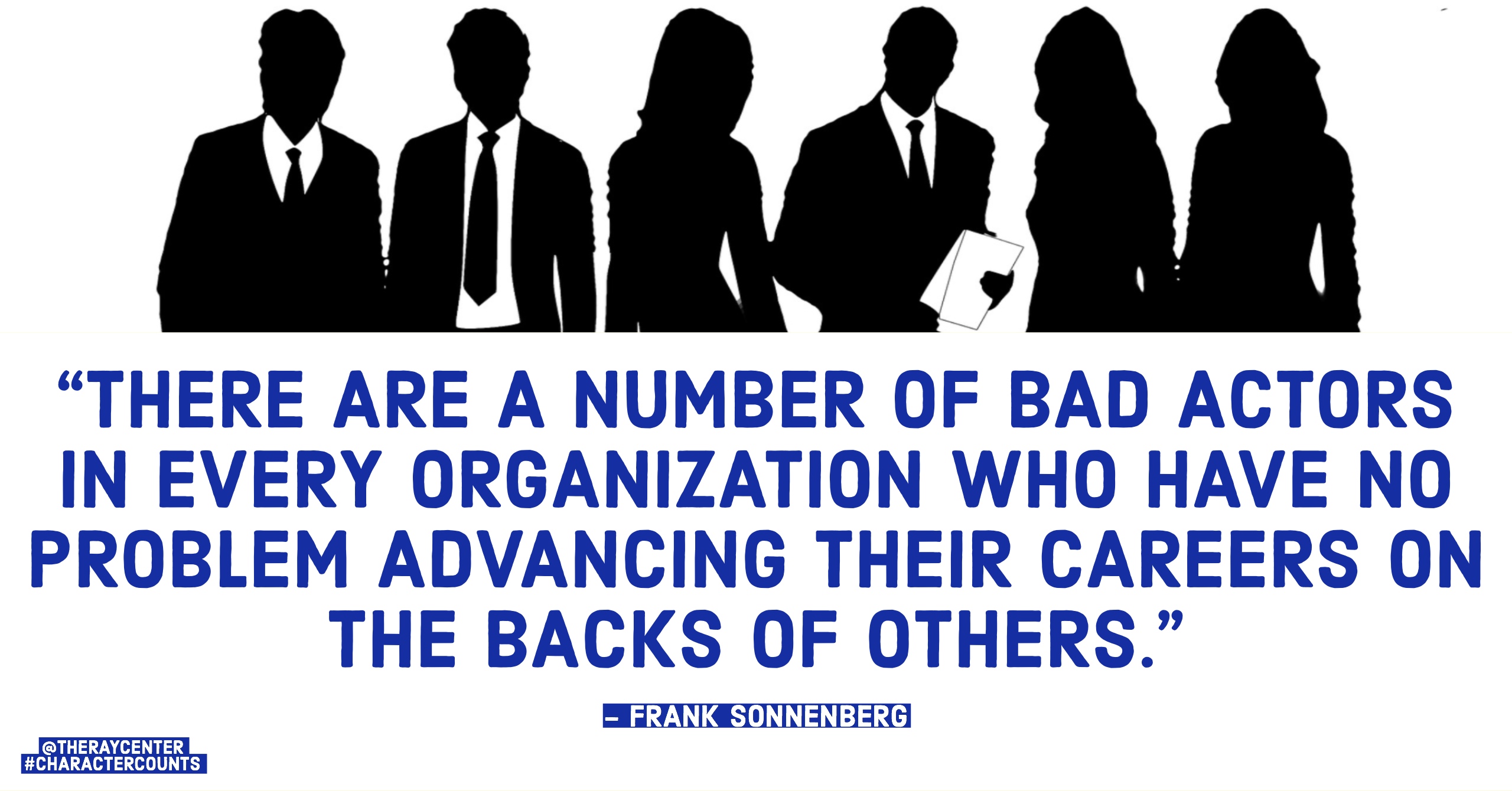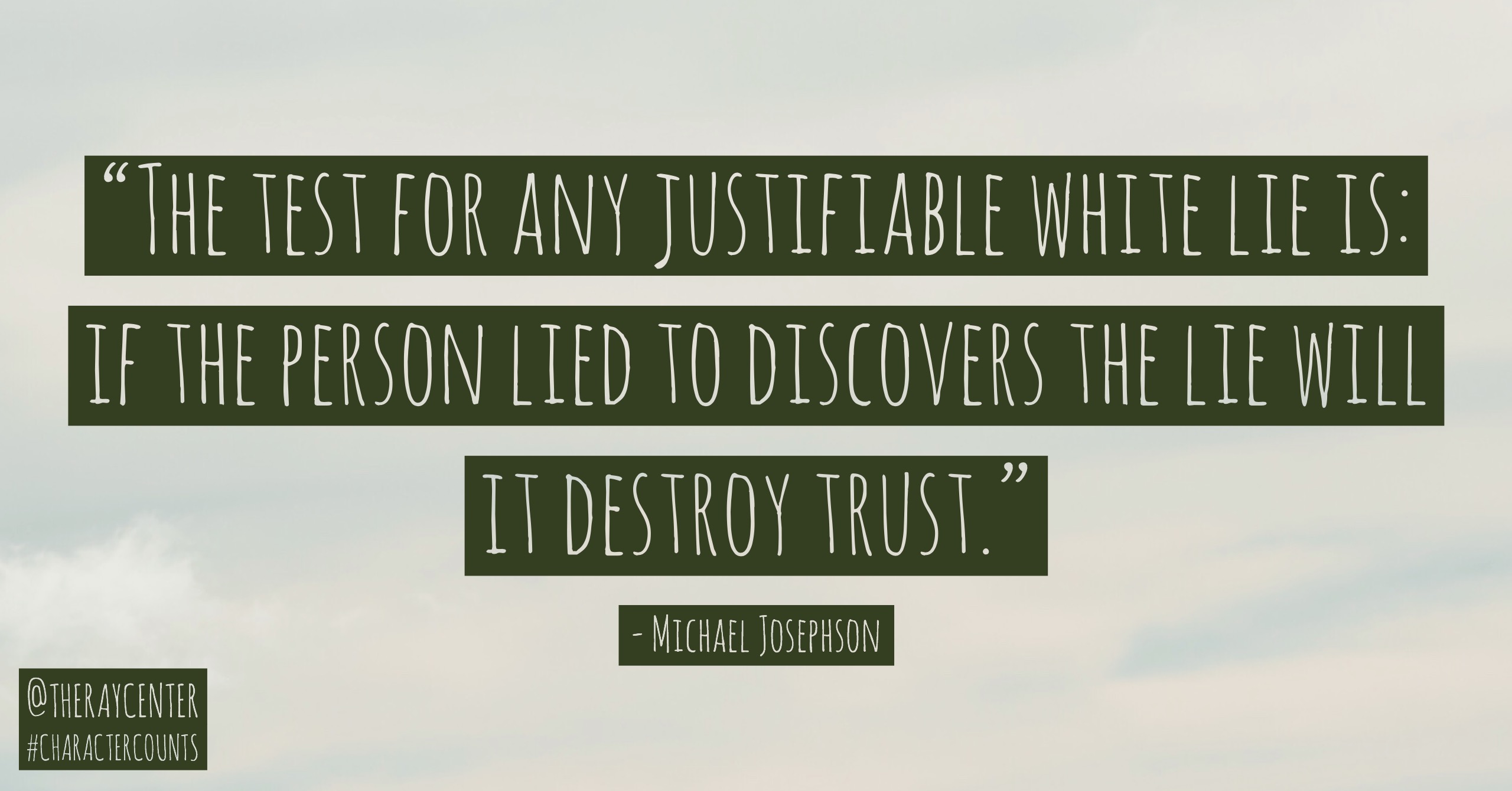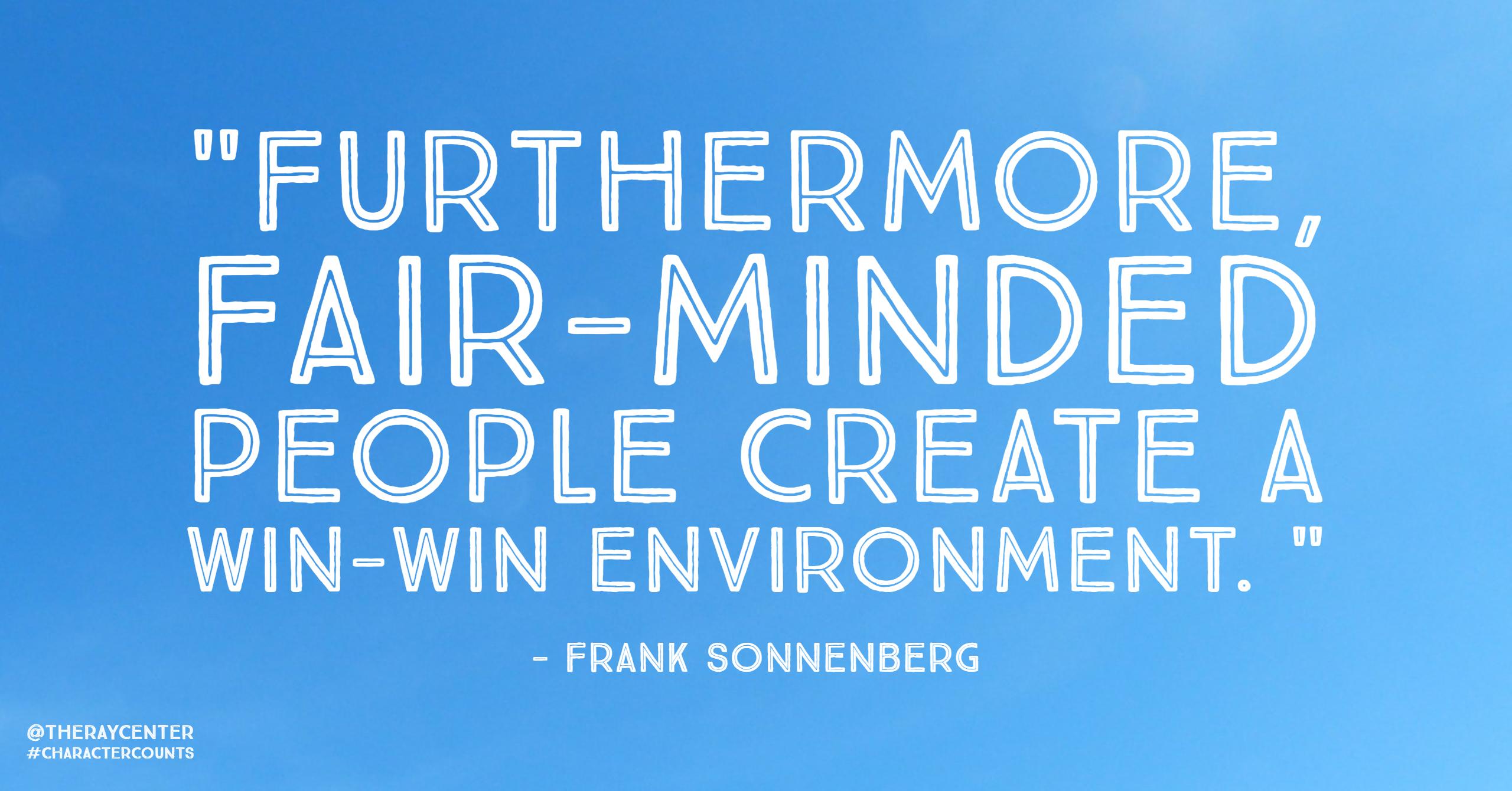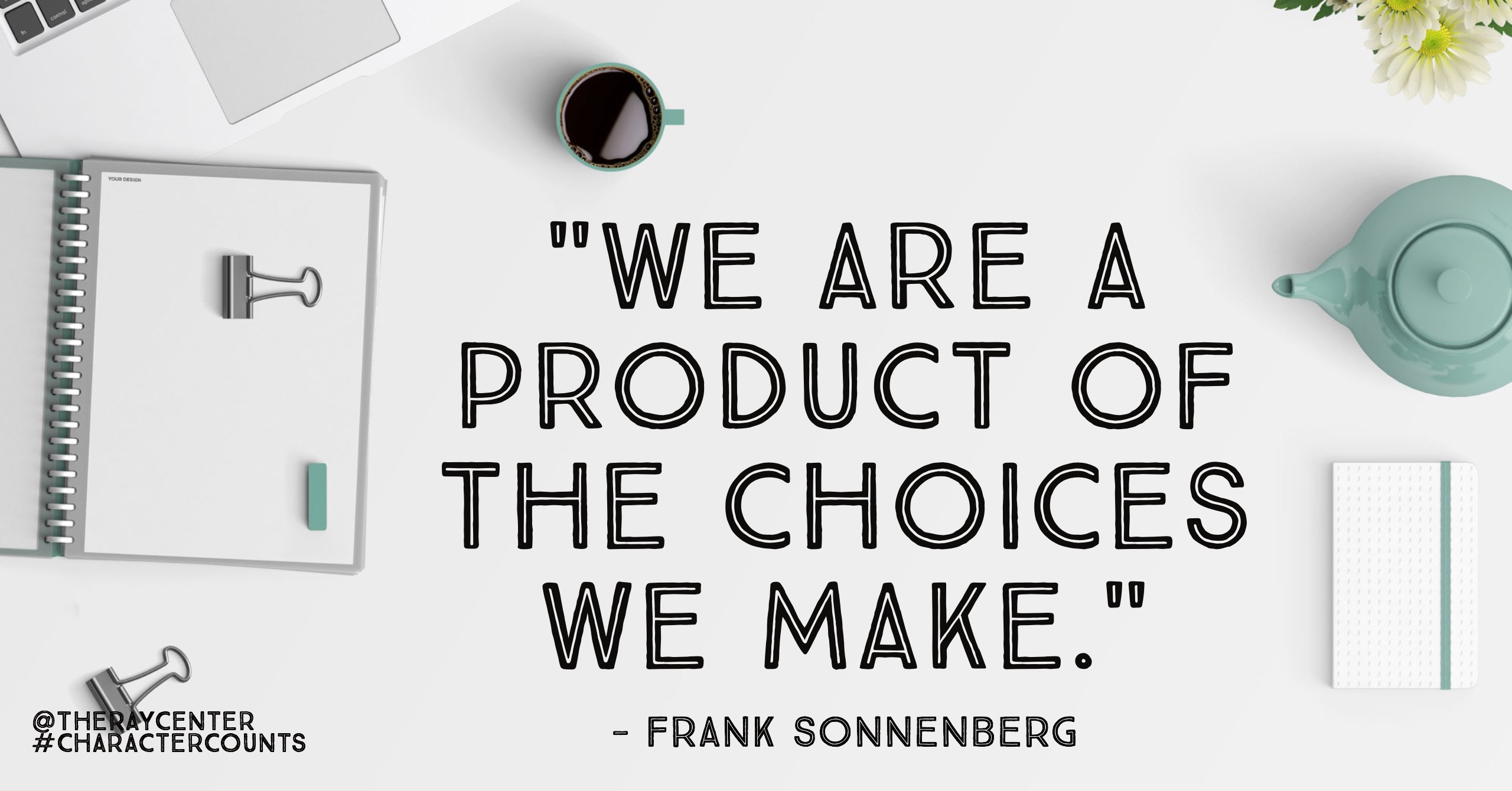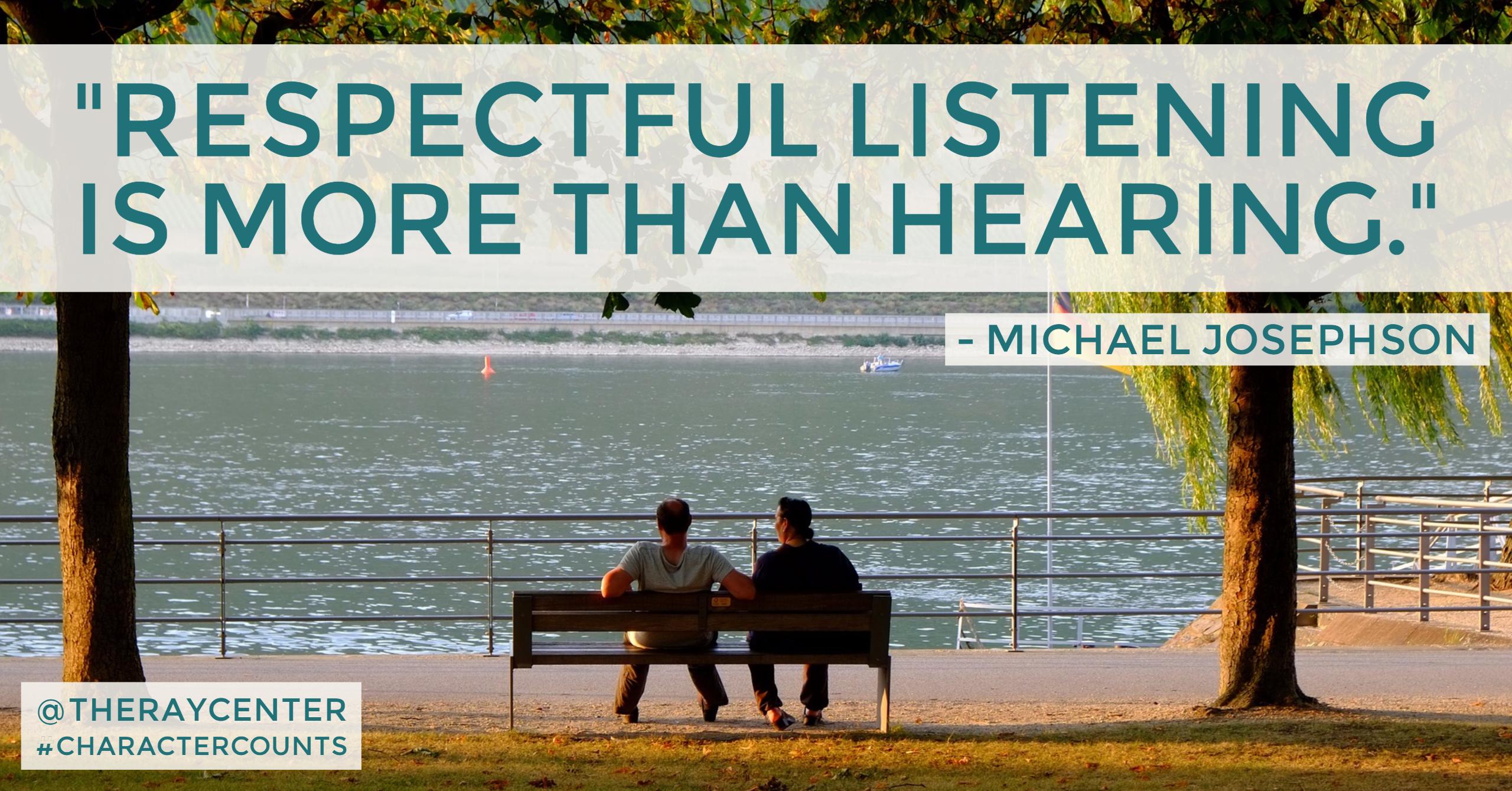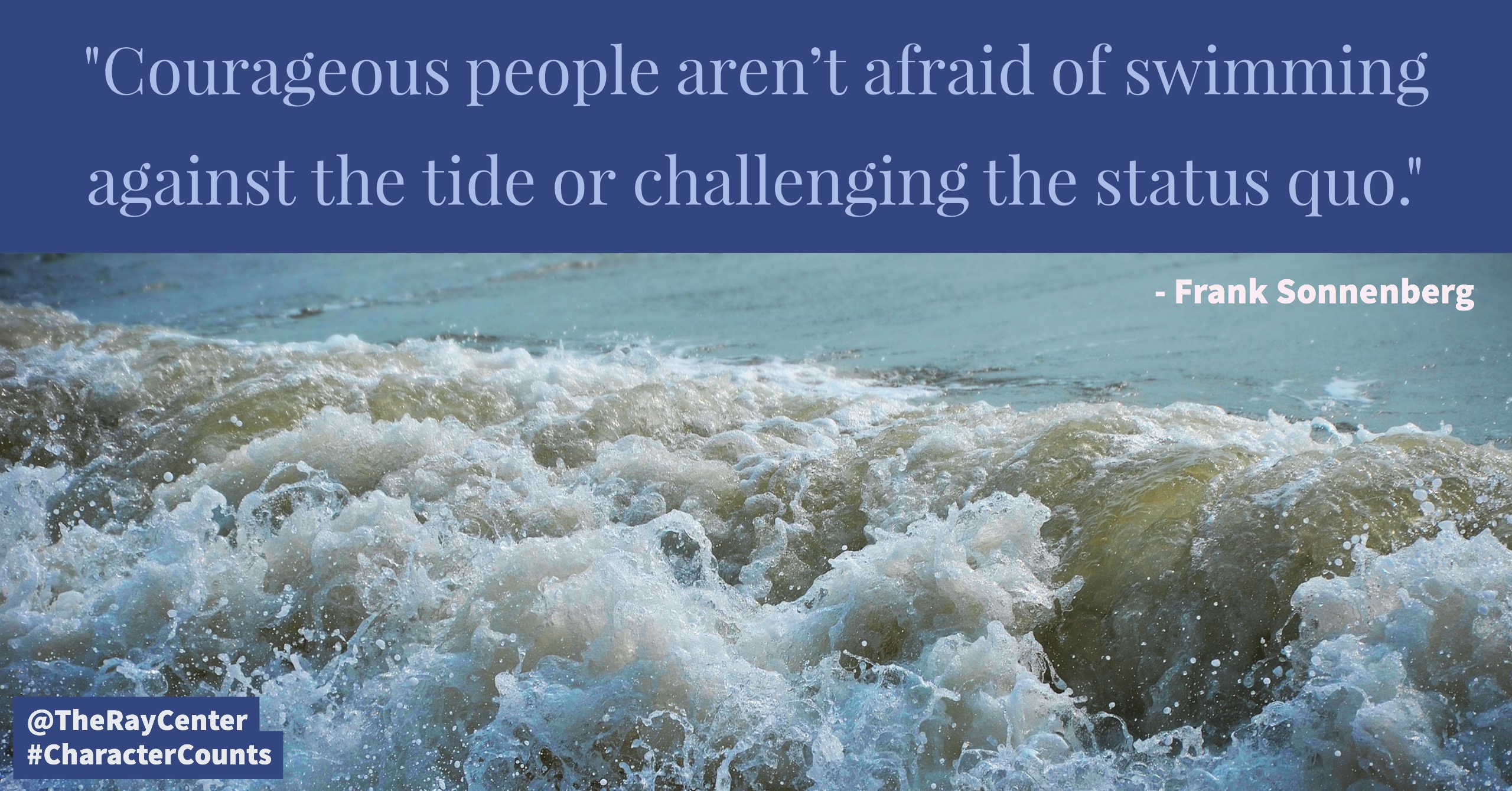Money may not be worth what you think
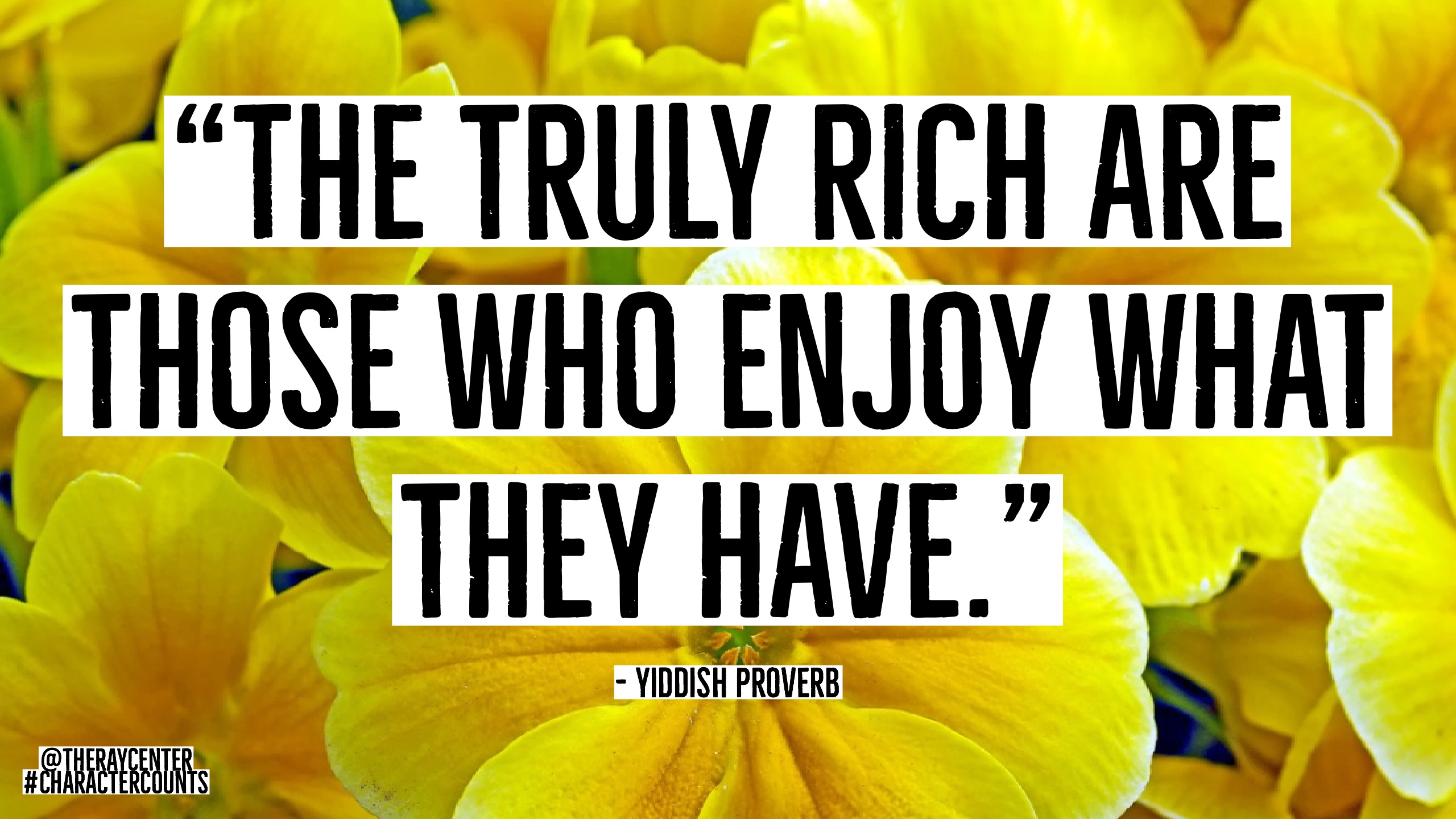
From our guest contributor, Frank Sonnenberg.
If you live for money, it’s time to get a life. The truth is, money can’t buy everything. For example, money can’t buy peace of mind, good friends, a close-knit family, work-life balance, a worry-free day, good karma, time to relax, good health, a golden anniversary, quality time with your kids, a new beginning, natural beauty, happy memories, to name just a few. Many people are actually poor because the only thing they have is money. Are you in it just for the money?
Are you willing to sacrifice your dreams for more money? Some folks justify continuing in a miserable job situation by acknowledging that they’re well compensated. People who live a life of purpose wake up each morning excited to pursue their dreams and make a difference. — Money can’t guarantee that.
Are you willing to compromise your honor for more money? Everything has a price, but not everything should be for sale. Some folks make money by being ruthless or doing unscrupulous things. People with a clear conscience have core beliefs and values that influence their decisions, shape their day-to-day actions, and determine their short – and long – term priorities. The result is that they spend more time listening to their inner voice. — Chances are, they sleep well at night.
Are you willing to squander your happiness for more money? Some people don’t understand the meaning of enough. They think the grass is always greener on their neighbor’s side of the fence. Others understand the difference between wanting and needing. As the Yiddish proverb says, “The truly rich are those who enjoy what they have.” — Nowhere in the proverb is the word money mentioned.
Are you willing to forgo relationships for more money? Think about “the takers.” You know them. They measure every action by how much they will personally benefit, while “the givers” do things without expectation of personal gain. — Which are you?
Are you willing to compromise quality of life for more money? Some people eye a prize without considering the sacrifices required to achieve it. Success has its own tradeoffs. It may demand long hours, time away from family or a significant financial commitment. The key is to understand the requirements for success before embarking on your journey. — Choose wisely.
Are you willing to forgo peace of mind for more money? There are those who feel that happiness lies in having more. So they never have enough. As a consequence, they set very high expectations and are constantly worried and stressed out. — Do you call that happiness?
Are you willing to miss out on life for more money? Some people don’t take time to smell the roses. It’s hard to calculate the value of memories, such as a clean bill of health, first kiss, grandchildren, passing the driver’s test, acceptance letter, visit from the tooth fairy, cheers from the crowd, retirement, “Mama . . . Dada,” bedtime stories, potty training, and “I love you, too.” It’s important to focus on the journey as well the destination. — There’s no dress rehearsal in life.
Are you willing to cash in your personal dignity for more money? Some people are consumed with seeking the approval of others. The most important person to satisfy, however, is you. It’s your life. So do your best. Be your own person. And remember, you’re not finished until you do yourself proud. As the author John Mason said, “You were born an original. Don’t die a copy.” — It’s time to be the real you.
This is an excerpt from Follow Your Conscience: Make a Difference in Your Life & in the Lives of Others, by Frank Sonnenberg released November 2014.
For more information on the role money plays in your life, click here.
 Frank is an award-winning author. He has written six books and over 300 articles. Frank was recently named one of “America’s Top 100 Thought Leaders” and one of America’s Most Influential Small Business Experts. Frank has served on several boards and has consulted to some of the largest and most respected companies in the world. Additionally, FrankSonnenbergOnline was named among the “Best 21st Century Leadership Blogs,” among the “Top 100 Socially-Shared Leadership Blogs,” and one of the “Best Inspirational Blogs On the Planet.” Frank’s new book, BookSmart: Hundreds of real-world lessons for success and happiness was released November 2016. © 2017 Frank Sonnenberg. All rights reserved.
Frank is an award-winning author. He has written six books and over 300 articles. Frank was recently named one of “America’s Top 100 Thought Leaders” and one of America’s Most Influential Small Business Experts. Frank has served on several boards and has consulted to some of the largest and most respected companies in the world. Additionally, FrankSonnenbergOnline was named among the “Best 21st Century Leadership Blogs,” among the “Top 100 Socially-Shared Leadership Blogs,” and one of the “Best Inspirational Blogs On the Planet.” Frank’s new book, BookSmart: Hundreds of real-world lessons for success and happiness was released November 2016. © 2017 Frank Sonnenberg. All rights reserved.
